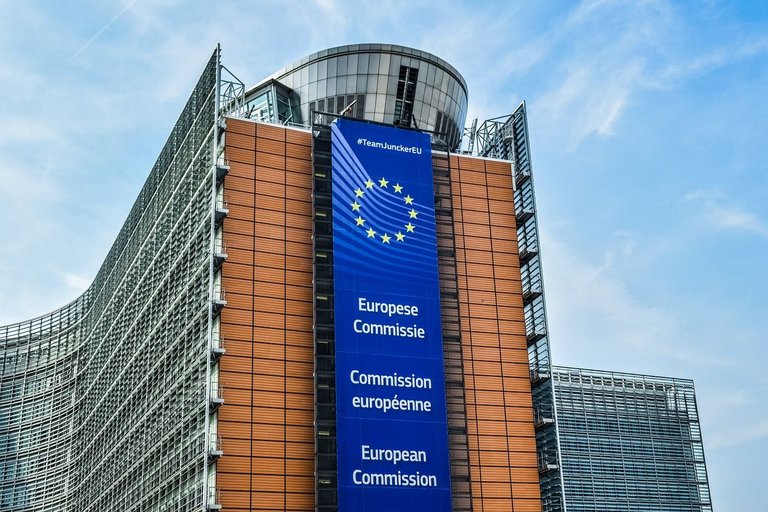Purpose of the AI Act in the European Union

Regulating Artificial Intelligence
The AI Act aims to regulate the development, deployment, and use of artificial intelligence (AI) systems within the European Union. It sets out rules and requirements to ensure that AI is developed and used in a safe, trustworthy, and ethical manner.
Protecting Fundamental Rights
The AI Act prioritizes the protection of fundamental rights, such as privacy, non-discrimination, and the right to a fair trial. It seeks to prevent AI systems from infringing upon these rights and establishes safeguards to ensure accountability and transparency.
Ensuring Safety and Reliability
The AI Act focuses on ensuring the safety and reliability of AI systems. It sets requirements for risk assessment, testing, and certification of high-risk AI applications. This helps to minimize potential harm and ensure that AI technologies are trustworthy and dependable.
Promoting Innovation and Competitiveness
While the AI Act introduces regulations, it also aims to foster innovation and competitiveness in the European AI ecosystem. It encourages the development of AI technologies that comply with the regulations and promotes a level playing field for businesses operating in the EU.
Establishing a Harmonized Framework
The AI Act provides a harmonized framework for AI regulation across the European Union. It aims to create a consistent approach to AI governance, ensuring that member states have a common set of rules and standards to follow.
Overall...
The AI Act in the European Union serves the purpose of regulating AI systems, protecting fundamental rights, ensuring safety and reliability, promoting innovation and competitiveness, and establishing a harmonized framework for AI governance. It aims to strike a balance between enabling the benefits of AI technology and safeguarding individuals and society from potential risks.